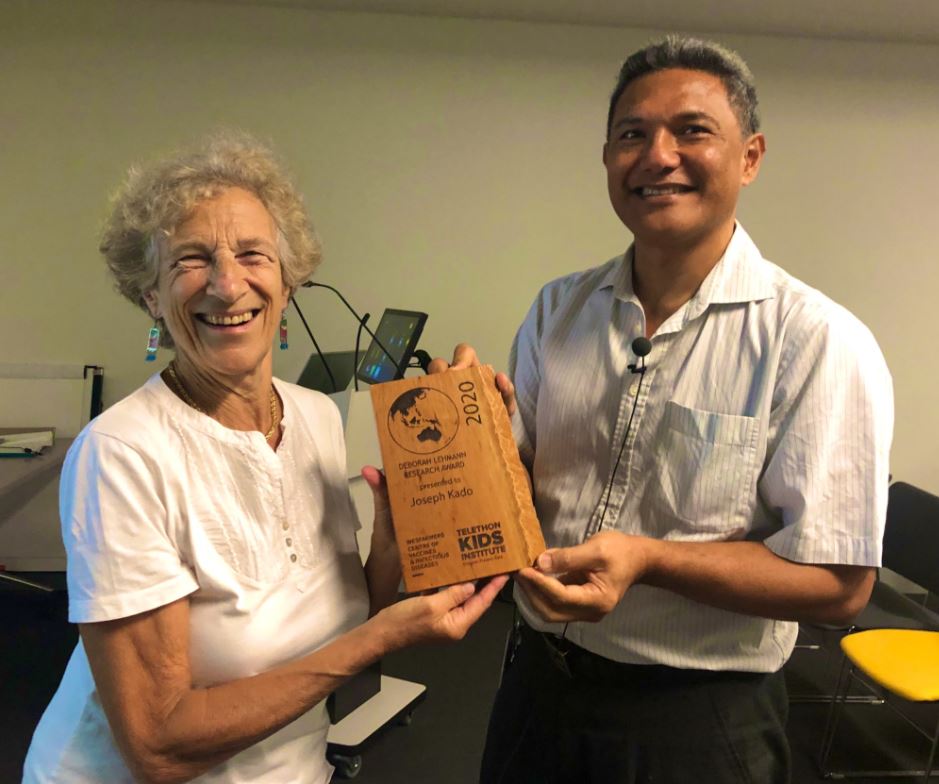Search
BK polyomavirus infection in transplanted kidneys that leads to BK virus–associated nephropathy (BKVAN) is an important cause of allograft loss and has limited treatment options. Recent data suggest that BK viremia affects approximately 10% of people within the first 12 months following kidney transplantation. Among recipients with BKVAN, the overall risk of allograft loss is substantially increased, estimated to be 50% within 5 years of diagnosis.
A summary of the literature regarding the use of adjunctive protein synthesis inhibitors for toxin suppression in the setting of S. aureus infections is presented

STAMP RSV is a multifaceted program of work with the single focus to prepare the community for the uptake of new and emerging RSV immunisation strategies by providing the evidence to inform public health policy.
This tool is designed to help current and future parents and caregivers as well as health care providers. It is currently based on the 2025 Western Australian RSV immunisation program.

Register now and experience an awesome adventure into the world of Science, Technology, Engineering and Mathematics this August!

Embark on a linguistic journey with KalyaKoorl’s tailor-made Noongar Language Programs.

The Wesfarmers Centre has established the Deborah Lehmann Research Award to acknowledge the significant contribution that Clinical Associate Professor Deborah Lehmann AO has made to paediatric infectious disease research.

Dr Janessa Pickering is a research microbiologist with expertise in the molecular diagnostics and host pathogen interactions of upper respiratory tract pathogens that cause disease in children.

Program Manager
